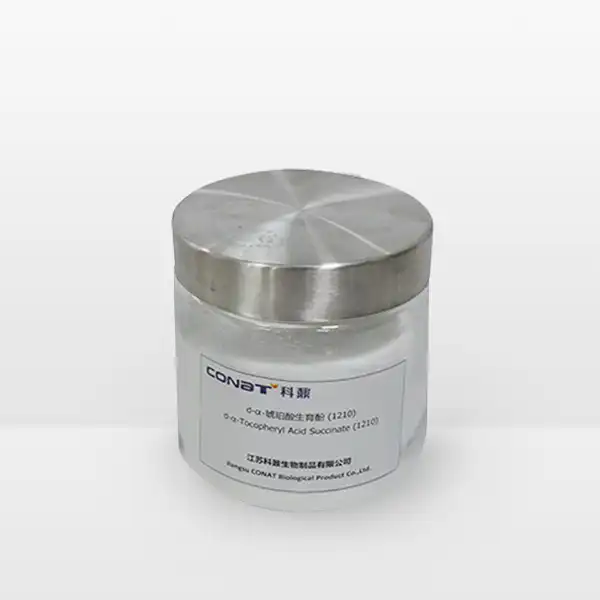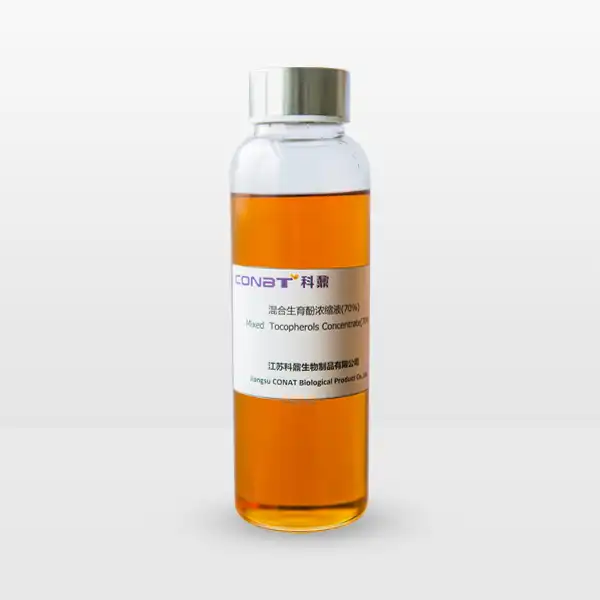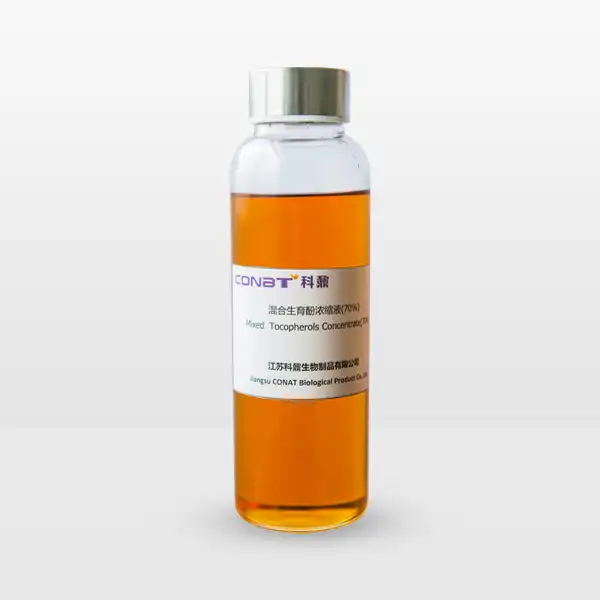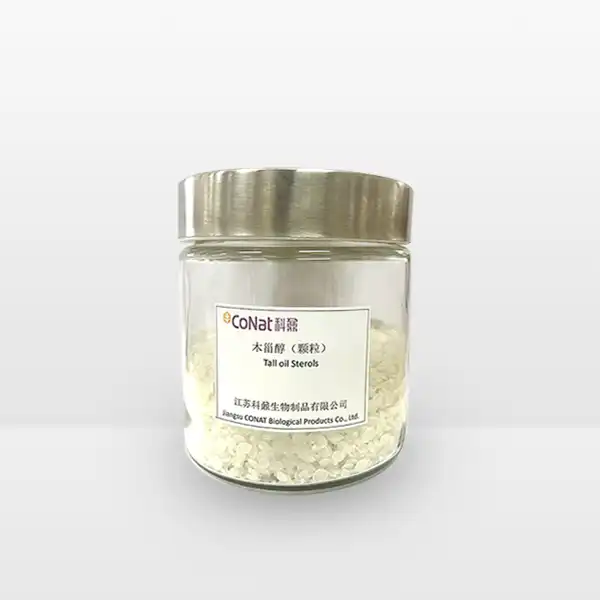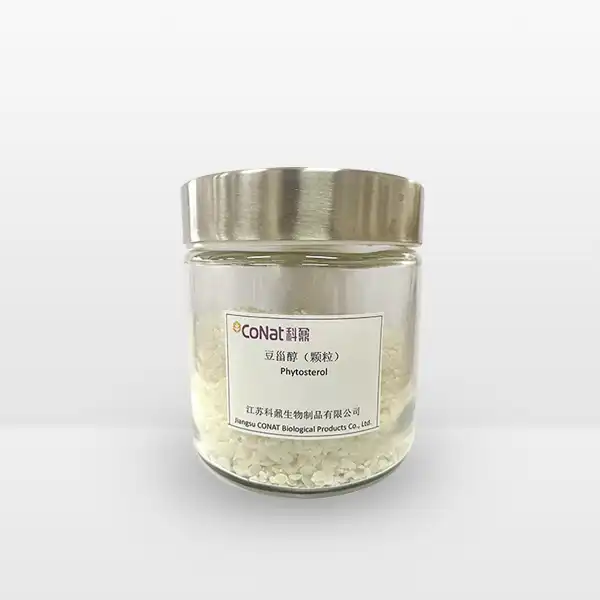- English
- French
- German
- Portuguese
- Spanish
- Russian
- Japanese
- Korean
- Arabic
- Greek
- German
- Turkish
- Italian
- Danish
- Romanian
- Indonesian
- Czech
- Afrikaans
- Swedish
- Polish
- Basque
- Catalan
- Esperanto
- Hindi
- Lao
- Albanian
- Amharic
- Armenian
- Azerbaijani
- Belarusian
- Bengali
- Bosnian
- Bulgarian
- Cebuano
- Chichewa
- Corsican
- Croatian
- Dutch
- Estonian
- Filipino
- Finnish
- Frisian
- Galician
- Georgian
- Gujarati
- Haitian
- Hausa
- Hawaiian
- Hebrew
- Hmong
- Hungarian
- Icelandic
- Igbo
- Javanese
- Kannada
- Kazakh
- Khmer
- Kurdish
- Kyrgyz
- Latin
- Latvian
- Lithuanian
- Luxembou..
- Macedonian
- Malagasy
- Malay
- Malayalam
- Maltese
- Maori
- Marathi
- Mongolian
- Burmese
- Nepali
- Norwegian
- Pashto
- Persian
- Punjabi
- Serbian
- Sesotho
- Sinhala
- Slovak
- Slovenian
- Somali
- Samoan
- Scots Gaelic
- Shona
- Sindhi
- Sundanese
- Swahili
- Tajik
- Tamil
- Telugu
- Thai
- Ukrainian
- Urdu
- Uzbek
- Vietnamese
- Welsh
- Xhosa
- Yiddish
- Yoruba
- Zulu
How Do Soy Plant Sterols Help Lower Cholesterol Levels?
Plant sterols, particularly those found in soy, have emerged as a powerful natural solution for managing cholesterol levels. These compounds, structurally similar to cholesterol, work by competing with cholesterol for absorption in the digestive system. This natural mechanism has made soy plant sterols an increasingly popular option for individuals seeking to maintain healthy cholesterol levels without relying solely on conventional medications. Research has consistently demonstrated their effectiveness in reducing LDL (low-density lipoprotein) cholesterol, often referred to as "bad" cholesterol, making them a valuable component of heart-healthy dietary strategies.
What is the recommended daily intake of plant sterols for optimal cholesterol reduction?
The journey to understanding optimal plant sterol intake has been marked by extensive research and clinical trials. Studies have consistently shown that the effectiveness of plant sterols in cholesterol reduction is dose-dependent, with specific recommendations emerging from various health organizations and research institutions. The current scientific consensus suggests that consuming 2-3 grams of plant sterols daily can lead to significant reductions in LDL cholesterol levels, typically ranging from 8% to 15%. This recommended intake is based on numerous clinical studies that have evaluated the dose-response relationship between plant sterol consumption and cholesterol reduction.
The timing and distribution of plant sterol intake throughout the day also play crucial roles in maximizing their cholesterol-lowering benefits. Research indicates that consuming plant sterols with meals enhances their effectiveness, as they work by competing with dietary cholesterol for absorption. The presence of dietary fat during consumption can further improve the absorption and efficacy of plant sterols, making them more effective when incorporated into regular meals.
It's important to note that the effects of Soy Plant Sterols are cumulative, and consistent daily intake is key to achieving and maintaining desired results. Studies have shown that the cholesterol-lowering effects typically become noticeable within 2-3 weeks of regular consumption, with maximum benefits usually achieved within 4-8 weeks. The European Food Safety Authority (EFSA) has validated these findings, confirming that the cholesterol-lowering effect of plant sterols is usually observed at intakes of 1.5-3 grams per day.
Individuals with different baseline cholesterol levels may experience varying degrees of benefit from plant sterol supplementation. Those with higher baseline LDL cholesterol levels often experience more pronounced reductions, although benefits have been observed across diverse populations. Healthcare providers often recommend starting with lower doses and gradually increasing intake while monitoring cholesterol levels to determine individual response and optimal dosage.
How do plant sterols compare to other cholesterol-lowering treatments?
When examining the effectiveness of plant sterols against other cholesterol-lowering interventions, both natural and pharmaceutical, several key distinctions emerge. Plant sterols offer a unique advantage as a natural dietary approach that can be easily integrated into daily nutrition without the potential side effects often associated with pharmaceutical interventions.
Compared to statins, the most commonly prescribed cholesterol-lowering medications, plant sterols work through a different mechanism. While statins inhibit cholesterol synthesis in the liver, plant sterols primarily work in the intestine by reducing cholesterol absorption. This complementary mechanism means that Soy Plant Sterols can be effectively used alone for mild to moderate cholesterol elevation or in combination with statins for enhanced cholesterol reduction in more severe cases.
Research has shown that when used in combination with a heart-healthy diet, plant sterols can achieve cholesterol reductions comparable to those seen with low-dose statin therapy in some individuals. Studies comparing various interventions have found that plant sterols typically achieve a 10-15% reduction in LDL cholesterol, while dietary modifications alone might achieve 5-10% reduction, and statins can achieve 20-60% reduction depending on the dosage.
The advantage of plant sterols lies in their natural origin and excellent safety profile. Unlike some pharmaceutical interventions, plant sterols have been consumed as part of the human diet for thousands of years and have demonstrated remarkable safety in long-term studies. They can be particularly valuable for individuals who cannot tolerate statins or prefer to try natural interventions before considering medication.
The cost-effectiveness of plant sterols also compares favorably to pharmaceutical treatments, especially when considering long-term use. While the initial cost of sterol-enriched products may be higher than their conventional counterparts, the overall cost is often lower than prescription medications, particularly for individuals without comprehensive health insurance coverage.
What foods naturally contain high levels of plant sterols?
Understanding the natural sources of Soy Plant Sterols is crucial for individuals seeking to increase their intake through dietary means. While soy products are well-known sources, numerous other foods contain significant amounts of plant sterols that can contribute to achieving the recommended daily intake for cholesterol management.
Vegetable oils stand out as one of the richest natural sources of plant sterols, with corn oil, sunflower oil, and soybean oil containing particularly high concentrations. Cold-pressed oils generally retain higher levels of plant sterols compared to highly refined varieties. Nuts and seeds also provide substantial amounts of plant sterols, with pistachios, sunflower seeds, and pumpkin seeds being exceptional sources. These foods not only contribute plant sterols but also provide healthy fats, protein, and other beneficial nutrients.
Legumes, particularly soybeans and their derivatives, are excellent sources of plant sterols. Products such as tofu, tempeh, and edamame not only provide plant sterols but also offer complete protein and fiber, making them valuable additions to a heart-healthy diet. The fermentation process used in producing tempeh may enhance the bioavailability of plant sterols, potentially increasing their effectiveness in cholesterol reduction.
Whole grains, especially wheat germ, wheat bran, and rye, contain significant amounts of plant sterols. These foods also provide fiber, which works synergistically with plant sterols to reduce cholesterol absorption. Fruits and vegetables, while containing lower concentrations of plant sterols compared to oils and nuts, can contribute meaningful amounts when consumed in adequate quantities. Avocados, Brussels sprouts, and cauliflower are particularly good sources among produce items.
Modern food technology has also led to the development of sterol-enriched products, such as margarine spreads, yogurt, and milk alternatives, which can help individuals reach their target intake of Soy Plant Sterols. These fortified products can be particularly useful for those who find it challenging to consume sufficient amounts through natural sources alone.
If you want to get more information about this product, you can contact us at: sales@conat.cn.
References:
1. Jones, P. J., & AbuMweis, S. S. (2023). "Phytosterols as functional food ingredients: linkages to cardiovascular disease and cancer." Current Opinion in Clinical Nutrition & Metabolic Care.
2. Thompson, G. R., & Grundy, S. M. (2022). "History and development of plant sterol and stanol esters for cholesterol-lowering purposes." European Journal of Lipid Science and Technology.
3. Gylling, H., et al. (2023). "Plant sterols and plant stanols in the management of dyslipidaemia and prevention of cardiovascular disease." Atherosclerosis.
4. Katan, M. B., et al. (2022). "Efficacy and safety of plant stanols and sterols in the management of blood cholesterol levels." Mayo Clinic Proceedings.
5. Demonty, I., et al. (2023). "The effect of plant sterols on serum triglycerides: a meta-analysis of randomized clinical trials." Journal of Nutrition.
6. Ras, R. T., et al. (2022). "LDL-cholesterol-lowering effect of plant sterols and stanols across different dose ranges: a meta-analysis of randomised controlled studies." British Journal of Nutrition.
7. Talati, R., et al. (2023). "The comparative efficacy of plant sterols and stanols on serum lipids: a systematic review and meta-analysis." Journal of the American Dietetic Association.
8. Plat, J., et al. (2022). "Plant sterols and stanols in the treatment of dyslipidemia: new insights into targets and mechanisms related to cardiovascular risk." Current Pharmaceutical Design.
9. Clifton, P. M., & Nestel, P. J. (2023). "Plant sterol and stanol margarines and health." British Medical Journal.
10. AbuMweis, S. S., & Jones, P. J. (2022). "Plant sterols/stanols as cholesterol lowering agents: A meta-analysis of randomized controlled trials." Food & Nutrition Research.
